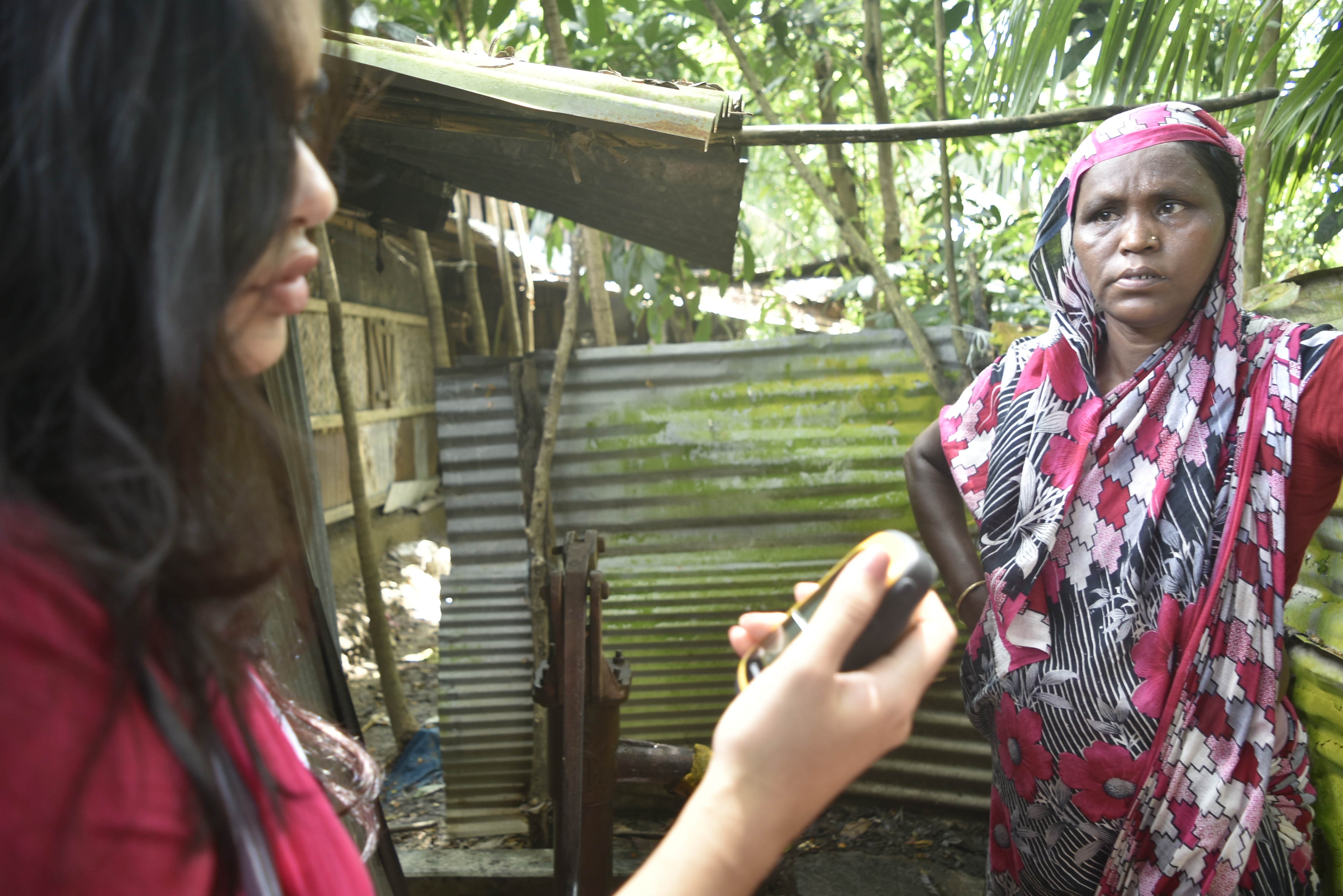Goal 5 - Gender Equality
Download page as PDFAchieve gender equality and empower all women and girls
“Gender equality is not only a fundamental human right, but a necessary foundation for a peaceful, prosperous and sustainable world. Providing women and girls with equal access to education, health care, decent work, and representation in political and economic decision-making processes will fuel sustainable economies and benefit societies and humanity at large.”

Open mapping projects can support gender equality by creating data about gendered problems that affect women and girls, and working to prioritize the involvement of all members of society in decision-making processes. This means empowering female mappers, supporting projects which promote equal rights, and providing local communities with the resources and training to encourage equal participation in their initiatives. Creating spaces where women are explicitly included in each phase of the mapping process, with support from male advocates and leaders, can help achieve this goal.
What has been done?
Tanzania Development Trust (Tanzania): Since 2015, Crowd2Map has been adding schools, hospitals, roads, buildings and villages to OpenStreetMap, with the help of over 7500 volunteers worldwide and 600 on the ground in Tanzania. Our mission is to map all of rural Tanzania, particularly to enable better planning for delivery of the SDGs in rural areas and to empower disadvantaged communities to put themselves on the map. These maps are used by community activists to locate and protect girls at risk of FGM, as well as providing local officials data needed to plan for the development of services. Despite the illegality of the practice, FGM is still prevalent across many areas of rural Tanzania.
GeoChicas (Mexico): Following the 2017 Mexico earthquakes, the GeoChicas team have started a pilot project researching informal shelters and their relation to women’s security after a disaster. The project is based in the Oaxaca region which suffered two major earthquakes in 2017. Collaborating with disaster response experts, the aim is to create a database of informal provisional shelters and designated shelters to overlay with the geographical locations of reports of sexual harassment and gender violence. The maps produced will help inform and improve women’s safety in the area and during future disaster management.
Humanitarian OpenStreetMap Team (Uganda & Democratic Republic of Congo):
What else can be done?
- Engage girls and women in mapping areas of their community that are unsafe or pose serious risks and empower them to advocate for change by working with community leaders, local government, police, and civil society.
- Create asset maps of services and resources, such as women’s health clinics and women’s vocational training centers.
- Provide opportunities to young women through hiring practices and training opportunities to enhance information and communications technology skillsets to promote the empowerment of women.